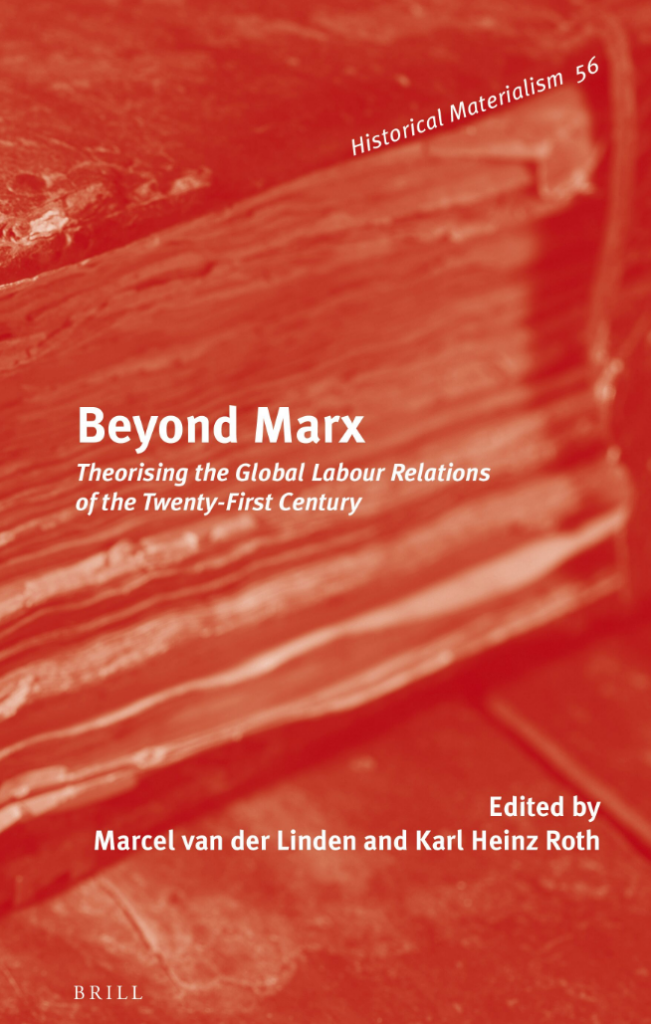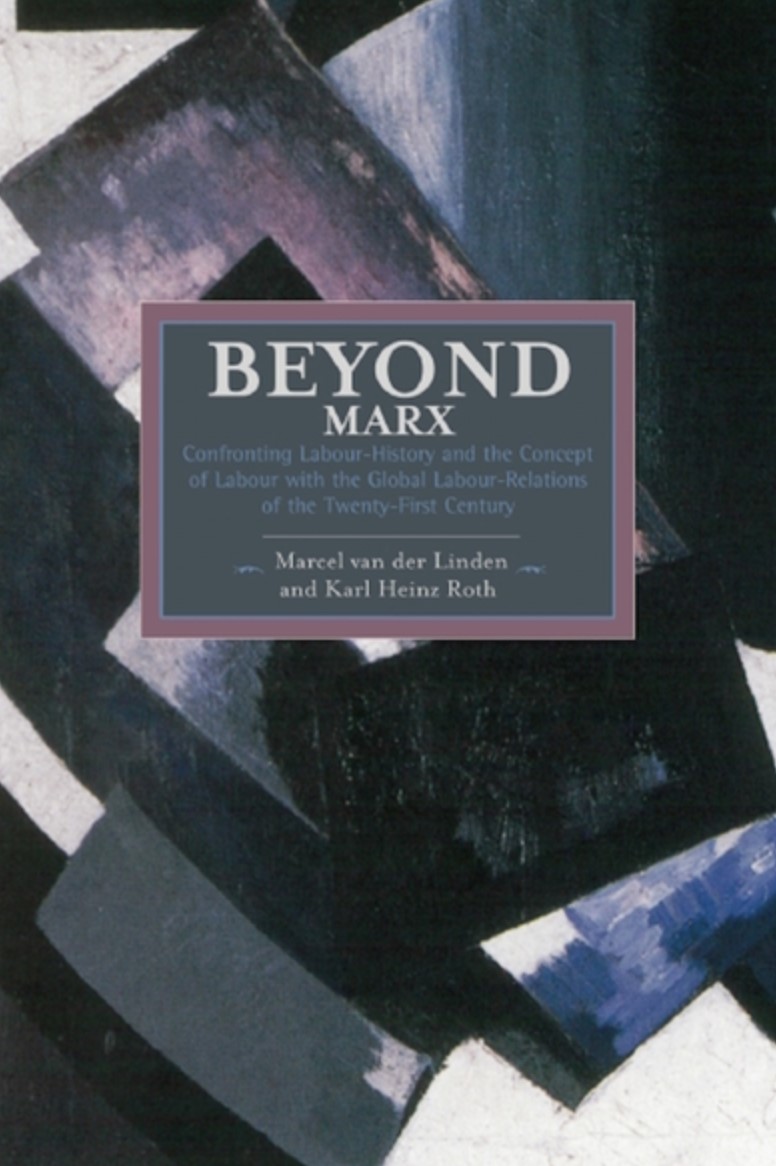Edited by Marcel van der Linden, International Institute of Social History, Amsterdam and Karl Heinz Roth. In collaboration with Max Henninger
Capitalism has proven much more resilient than Marx anticipated, and the working class has, until now, hardly lived up to his hopes.
The Marxian concept of class rests on exclusion. Only the ‘pure’ doubly-free wage-workers are able to create value; from a strategic perspective, all other parts of the world’s working populations are secondary. But global labour history suggests, that slaves and other unfree workers are an essential component of the capitalist economy.
What might a critique of the political economy of labour look like that critically reviews the experiences of the past five hundred years while moving beyond Eurocentrism? In this volume twenty-two authors offer their thoughts on this question, both from a historical and theoretical perspective.
Contributors include: Riccardo Bellofiore, Sergio Bologna, C. George Caffentzis, Silvia Federici, Niklas Frykman, Ferruccio Gambino, Detlef Hartmann, Max Henninger, Thomas Kuczynski, Marcel van der Linden, Peter Linebaugh, Ahlrich Meyer, Maria Mies, Jean-Louis Prat, Marcus Rediker, Karl Heinz Roth, Devi Sacchetto, Subir Sinha, Massimiliano Tomba, Carlo Vercellone, Peter Way, Steve Wright.
Biographical note
Marcel van der Linden (1952) is Research Director of the International Institute of Social History, Professor of Social Movement History at the University of Amsterdam, and a member of the editorial board of the Karl Marx/Friedrich Engels Gesamtausgabe (MEGA).
Karl Heinz Roth (1942) is an historian and medical doctor. He has been a co-founder of the Hamburg Foundation for Social History of the 20th Century. His numerous publications deal with labour, business, economic, social, and science history.
Readership
Students of Marx and Marxism, sociologists, labour historians
Table of contents
Introduction, Marcel van der Linden and Karl Heinz Roth
PART I
The Many-Headed Hydra: Reflections on History from Below, Peter Linebaugh and Marcus Rediker
Seamen on Late Eighteenth-Century European Warships, Niklas Frykman
Class-Warfare: Primitive Accumulation, Military Revolution and the British War-Worker, Peter Way
The Shifting Maelstrom: From Plantations to Assembly-Lines, Ferruccio Gambino and Devi Sacchetto
Workerism: An Inside View. From the Mass-Worker to Self-Employed Labour, Sergio Bologna
Workers and Working Classes in Contemporary India: A Note on Analytic Frames and Political Formations, Subir Sinha
Revolutionary Subjectivity, the Limit to Capital, Detlef Hartmann
Housewifisation – Globalisation – Subsistence-Perspective, Maria Mies
Notes on Elder-Care Work and the Limits of Marxism, Silvia Federici
PART II
Castoriadis’s Break With Marxism, Jean-Louis Prat
A Theory of Defeat. Marx and the Evidence of the Nineteenth Century, Ahlrich Meyer
Poverty, Labour, Development: Towards a Critique of Marx’s Conceptualisations, Max Henninger
What is Sold on the Labour-Market?, Thomas Kuczynski
In And For Itself: Freedom. On the Historical Tendency of a Renewed Critique of the Political Economy of Labour, Sebastian Gerhardt
The ‘Fragment on Machines’ and the Grundrisse: The Workerist Reading in Question, Massimiliano Tomba and Ricardo Bellofiore
Revolution from Above? Money and Class-Composition in Italian Operaismo, Steve Wright
Marxism after the Death of Gold, C. George Caffentzis
From the Mass-Worker to Cognitive Labour: Historical and Theoretical Considerations, Carlo Vercellone
Results and Prospects, Karl Heinz Roth and Marcel van der Linden
Bibliography
Notes on Contributors
Index


